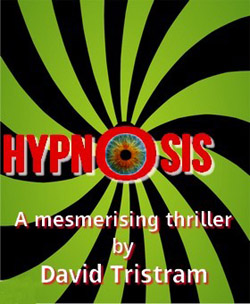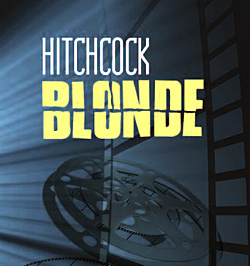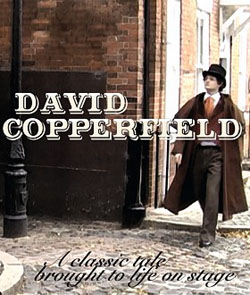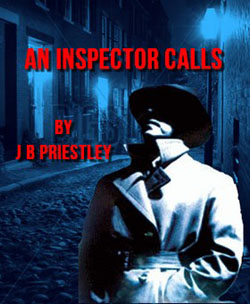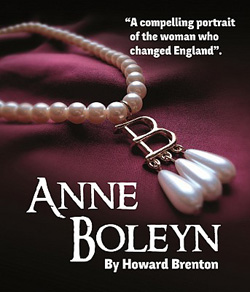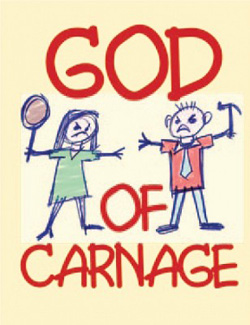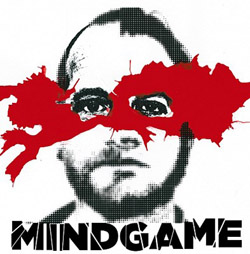 by Anthony Horowitz; dir Anne-marie Greene
by Anthony Horowitz; dir Anne-marie Greene
Criterion Theatre, Earlsdon, Coventry
1 – 8 February 2014

Mindgame is an appropriate title for this piece, which attempts to toy with the perceptions of the audience. Styler, a popular writer, has apparently turned up at an asylum for the criminally insane, hoping to be able to arrange interviews with serial killer Easterman. He meets Dr Farquhar, who is initially intransigent but whose behaviour becomes increasingly disturbing, and Nurse Paisley, who seems desperate for Styler to leave. Events overtake Styler, however, and he finds himself at the mercy of Farquhar, who has revealed himself to be Easterman and murdered the nurse. Not that the mind game itself is over by then, but you get the idea.
In practice, what we got was a show that kept the audience riveted to the edges of their seats, mouths agape, breath hushed and hardly daring to blink – even screaming at times. This was theatrical immersion of the best; what more can I say? Not everyone who left the theatre may have enjoyed the production, but they would all have been stirred up and would think about it for days at least.
The set was low-key, clinically white, with the audience raised around it on three sides – somewhat reminiscent of those medical lecture halls you see on TV and appropriate to the kind of surgical butchery we almost see. A speaker on the wall would intermittently spark into life and play a bit of ‘elevator’ music before dying out once more and there were also some very brief snatches of low-key, suspense-type music – both added to the disturbing effect very well.
Of course, all this would be pointless without strong performances from the cast and they did not let us down. Jon Elves as Styler smoothly progressed from confident writer to terrified victim to unhinged patient with consummate skill, whilst Craig Shelton as Farquhar performed the same feat, progressing from urbane doctor to disturbed psychopath to obsessed psychoanalyst. It is these two who held us so rapt, supported well by Jan Nightingale as the trembling Nurse Paisley, apparently being murdered twice before revealing her true identity.
The only aspect of the whole production worthy of criticism was the projection of images onto the white wall during the nurse’s first ‘murder’. This, I feel, was a mistake and risked cheapening the whole sequence. It would have worked so much more effectively to have relied just on Jan’s screams from off-stage and allowed us to use our already fired-up imaginations to fill in the details. Negative point though that was, there were more than enough positive points to overwhelm it.
This was a great production and all involved should feel very proud of it and pleased with themselves.
Millicent Short

